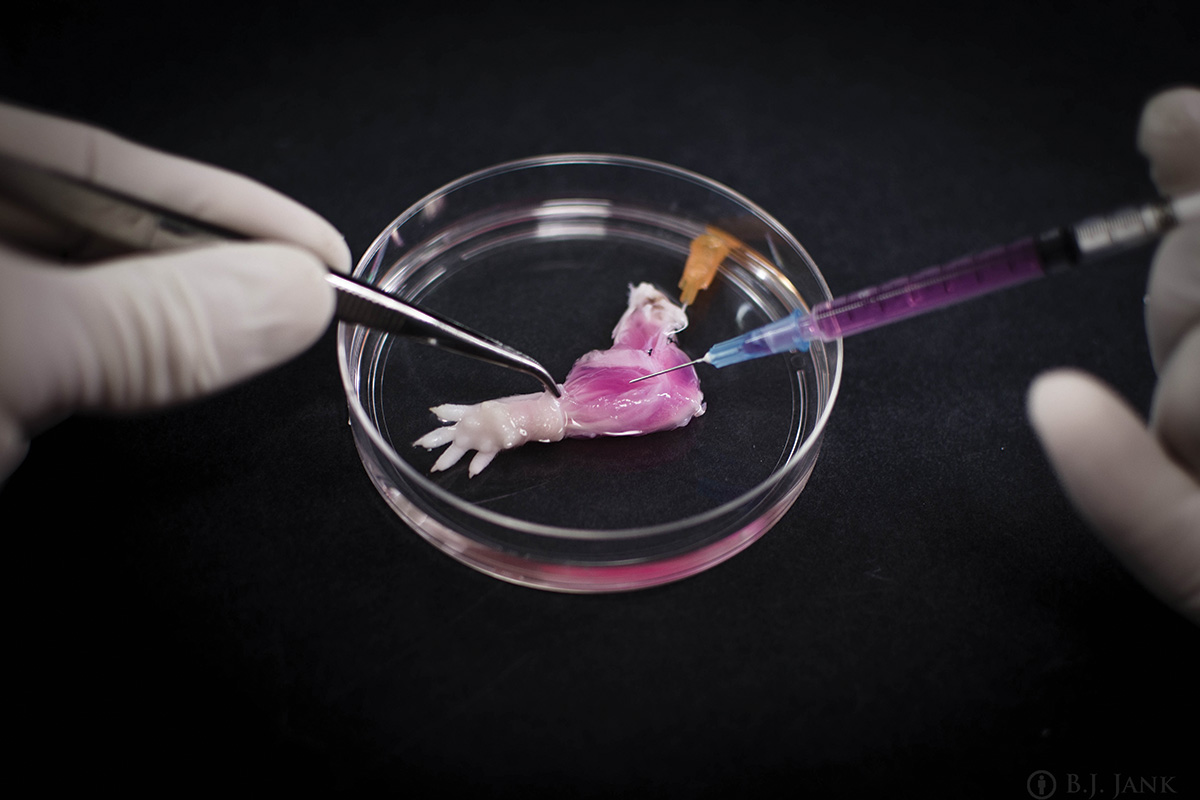New Scientist
-
![[:es]Getting on cancer’s nerves: A surprising way to thwart tumours[:]](https://katedra.eus/app/uploads/2017/10/nervesandcancersmall-800x533.jpg)
[:es]Getting on cancer’s nerves: A surprising way to thwart tumours[:]
A technique for alleviating pain has exposed cancer’s weak spot and may finally enable us to stop the disease by disabling the nerves that help it spread
-
![[:es]Tool-wielding monkeys push local shellfish to edge of extinction[:]](https://katedra.eus/app/uploads/2017/09/01468283-1-800x533.jpg)
[:es]Tool-wielding monkeys push local shellfish to edge of extinction[:]
HUMANS aren’t the only primate to have pushed their prey towards extinction. Monkeys have also over-exploited animals for food.
-
![[:eu]LHC pops out a new particle that could test the strong force[:]](https://katedra.eus/app/uploads/2017/07/bul-pho-2008-019.jpg)
[:eu]LHC pops out a new particle that could test the strong force[:]
There’s a new particle in town, and it’s a double-charmingly heavy beast. Researchers working on the LHCb experiment at CERN’s Large Hadron Collider have announced the discovery of the esoterically […]
-
![[:eu]Early Earth was covered in a global ocean and had no mountains[:]](https://katedra.eus/app/uploads/2017/05/15274350-1.jpg)
[:eu]Early Earth was covered in a global ocean and had no mountains[:]
Earth 4.4 billion years ago was flat and almost entirely covered in water with just a few small islands, new research suggests.
-
![[:en]Drug that stops brain plaques may show if they cause Alzheimer’s[:]](https://katedra.eus/app/uploads/2016/09/unnamed-2-2.jpg)
[:en]Drug that stops brain plaques may show if they cause Alzheimer’s[:]
Trials of a new drug called verubecestat will give hope of a milder treatment. Administered as a pill, it switches off plaque production in the brain without side effects.
-
Monkey see, monkey do – marmosets learn from movies
Screening an instructional monkey movie in a forest reveals that marmosets do not only learn from family members: they also copy on-screen strangers. It is the first time such a […]
-

Ocean’s hidden green plankton revealed by fixing glitch in model
Assumptions about the green colour of microscopic organisms have led to overestimates about their decline as oceans warm
-

Explore 100 years of general relativity
In a century, Einstein’s theory has revolutionised our picture of the universe. We take a look at the pivotal moments in general relativity since Einstein presented his theory in 1915
-

World’s first biolimb: Rat forelimb grown in the lab
The growth of a rat forelimb grown in the lab offers hope that one day amputees may receive fully functional, biological replacement limbs
